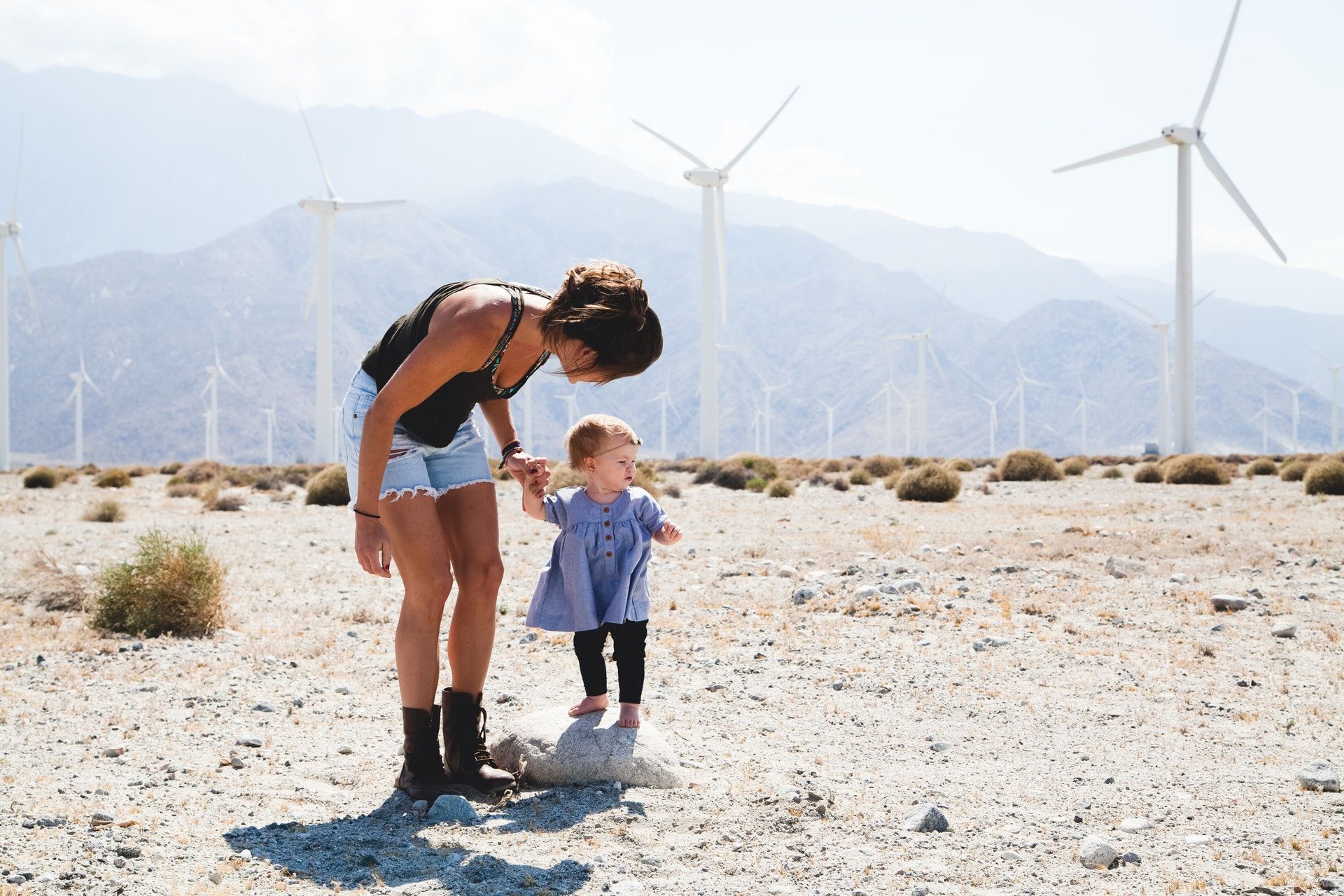Climate Emotions: Helpless Or Hopeful?

With the recent IPCC warning that we may have perhaps a dozen years before we encounter severe and irreversible impacts of climate change, it comes as little surprise that a recent survey* in climate communications research indicates 7 in 10 people in the U.S. are concerned about global warming, with a third of them “very worried.” About half of those surveyed have personally experienced its effects in their own lives and believe others in the US are being harmed as well.
As science communicators, we may have had years to consider the catastrophic consequences of global warming. But for those who are just beginning to realize that “this is real, this is now”, what are the psychological impacts?
The same survey* indicated that people are more or less evenly split between feeling helpless and feeling hopeful. I encountered similar attitudes when I recently participated in a focus group with other students at The London School of Economics and Political Science, where we explored the ways we connect with and see ourselves in relationship with nature. It didn’t take long for the conversation to turn to climate change. Participants reported feeling overwhelmed, frightened and uncertain, but at the same time they felt a deep responsibility to future generations and to other species.
The good news is that, as climate communicators, our work is having a clear impact: Yale and George Mason University researchers* found that a significant portion of those who have changed their mind about climate change have done so because they have become more informed and are taking this challenge more seriously. However, we also need to be aware of the different ways individuals may be processing what could be new and frightening information.

So how do we convey the significance and urgency of climate change in a way that will leave our audience hopeful and inspired to act, rather than overwhelmed and discouraged? Fortunately, the behavioral science-based communications resources developed by Frameworks Institute and taught through the National Network for Ocean and Climate Change Interpretation (NNOCCI) provide critical insight.
When we use shared values like “protection” or “responsible management” as the lens through which we approach this topic, we keep the narrative focused on why action matters and help to prime a civic mindset that encourages people to think as citizens. Acting together, we can support community-level solutions that are bigger, bolder, and more meaningful than what any one of us could accomplish alone.
As communicators, we can encourage engagement behaviors that will help our audiences connect with other likeminded people in their community. We can also use specific examples of the impacts we’ve already seen from inspirational environmental movements, both past and present, to help people understand how our actions today can have a lasting impact on generations to come. Starting these values-based, solutions-focused conversations spreads the hope we need for swift and effective climate action in our communities.
More Blog Posts
 Cut through Confusion with Appeals to Protection and ResponsibilityCut through Confusion with Appeals to Protection and Responsibility September 07 2016 This is the third in a series about framing ocean and climate change. Advocates and experts are familiar with common—but often untrue—tropes about our environment. How can we cut through them and communicate in a way that deepens understanding about the complex [READ MORE]
Cut through Confusion with Appeals to Protection and ResponsibilityCut through Confusion with Appeals to Protection and Responsibility September 07 2016 This is the third in a series about framing ocean and climate change. Advocates and experts are familiar with common—but often untrue—tropes about our environment. How can we cut through them and communicate in a way that deepens understanding about the complex [READ MORE] Thinking Bigger On SolutionsThinking Bigger On Solutions by Allison Arteaga, February 28 2020 We all know that we need big, systems-level change in our society in order to address climate change and create a better future. This requires high-impact collective actions that create change at the cultural and public levels by bringing people together (Frameworks). The challenge [READ MORE]
Thinking Bigger On SolutionsThinking Bigger On Solutions by Allison Arteaga, February 28 2020 We all know that we need big, systems-level change in our society in order to address climate change and create a better future. This requires high-impact collective actions that create change at the cultural and public levels by bringing people together (Frameworks). The challenge [READ MORE] Connecting Higher Ed. And Public EducationConnecting Higher Ed. And Public Education by Richelle Tanner, May 09 2019 Public and higher education traditionally exist in separate spheres. And for good reason – there are different assumptions of prior knowledge, and different goals for informal educators vs. academic researchers. However, when it comes to highly-polarized, unfortunately [READ MORE]
Connecting Higher Ed. And Public EducationConnecting Higher Ed. And Public Education by Richelle Tanner, May 09 2019 Public and higher education traditionally exist in separate spheres. And for good reason – there are different assumptions of prior knowledge, and different goals for informal educators vs. academic researchers. However, when it comes to highly-polarized, unfortunately [READ MORE] Newly Released: The Drawdown ReviewNewly Released: The Drawdown Review by Elizabeth Bagley, May 22 2020 Reprinted with permission from The Drawdown Review by Project Drawdown © 2020 Project Drawdown. All rights reserved. In the spring of 2017, Project Drawdown released its inaugural body of work on climate solutions with the publication of the best-selling book Drawdown and [READ MORE]
Newly Released: The Drawdown ReviewNewly Released: The Drawdown Review by Elizabeth Bagley, May 22 2020 Reprinted with permission from The Drawdown Review by Project Drawdown © 2020 Project Drawdown. All rights reserved. In the spring of 2017, Project Drawdown released its inaugural body of work on climate solutions with the publication of the best-selling book Drawdown and [READ MORE] The Right Message from the Right MessengerThe Right Message from the Right Messenger Allison Arteaga, December 20 2017 The National Network for Ocean & Climate Change Interpretation (NNOCCI) has some exciting news for climate change communicators! Those of you who have received training in Strategic Framing® techniques through the network may recall collecting pre- and post- training [READ MORE]
The Right Message from the Right MessengerThe Right Message from the Right Messenger Allison Arteaga, December 20 2017 The National Network for Ocean & Climate Change Interpretation (NNOCCI) has some exciting news for climate change communicators! Those of you who have received training in Strategic Framing® techniques through the network may recall collecting pre- and post- training [READ MORE]